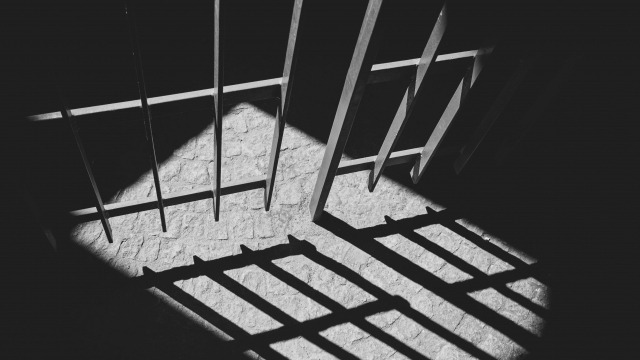Opinion: Anthony Albanese's Labor is caught in pincer movement of its own making

By Mark Kenny
A version of this article was originally published by The Canberra Times.
Governments are always vulnerable to quick fixes and right now, Anthony Albanese's Labor operation is facing sorties on both its right and left flanks.
On the right, Peter Dutton's proposed doubling of the amount Jobseeker recipients could earn before losing any of the payment is a suggestion many voters would support. At first blush, anyway.
On the left, the Australian Greens party proposes a rent freeze, plus dramatic increases in federal expenditure on public housing. These ideas will make sense - particularly to the under-40s - who are locked out of ownership, and locked out of political considerations to boot.
Again, the details of this apparent fix are such that support could trail-off when the ramifications are better understood.
The Coalition wants to block Labor's $40-a-fortnight increase announced in the last budget - which actually works out to a $56 lift after indexation - and instead give the unemployed more scope to earn. This, it says, would save almost $3 billion over four years. And, with unemployment at just 3.5 per cent, workers are in short supply in many industries/regions.
Thus, it seems a sensible idea and consistent with the Liberal tenets of self-reliance, mutual obligation, and the concept of welfare as a bridge to the work-force.
But not so fast. The government argues it would immediately bring new people onto the dole. Lots of them.
"Our conservative estimates are ... there would be an additional 50,000 people who would become eligible for JobSeeker overnight because the thresholds at which they are cut off would increase," said Social Services Minister Amanda Rishworth.
In other words, this ostensibly worthy measure could backfire and, as Rishworth says, "actually encourage a longer-term reliance on casual work and JobSeeker rather than a transition into the [permanent] workforce".
The more electorally potent attack, though, comes from the Greens party which is openly courting the roughly one third of Australian households who rent.
In the recent inflation numbers, services drove spiralling price growth, primarily, rents.
Labor's stalled Housing Australia Future Fund bill, which would use $500 million per year in earnings on a $10 billion capital account to build 30,000 houses over five years, is admirable as far as it goes. But that is not very far.
The Greens party wants five times as much spent per year ($2.5 billion) and a nationwide cap on rents. Economists mostly agree with the government that a cap may have perverse outcomes such as less long-term rental accommodation and thus, more housing stress and homelessness.
Here the Labor-Greens tussle is overlaid with political sabre-rattling over a possible early double dissolution election.
But in both instances, the government's defences rely on detail, and detail always struggles against simplicity.
Mark Kenny is a professor at the ANU Australian Studies Institute and host of the Democracy Sausage podcast.








